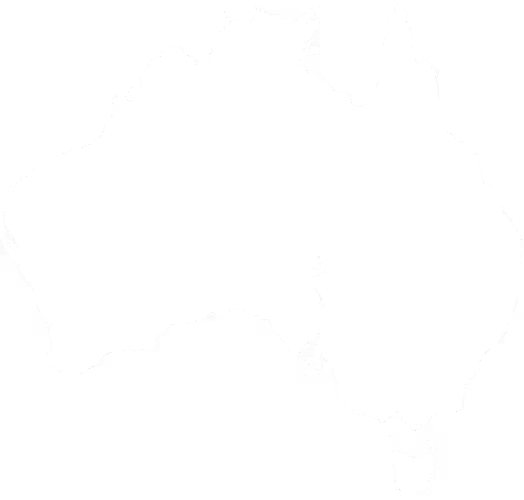

Noah is a skilled and passionate freshwater ecologist with academic and industry experience. Joining Morphum in 2025, Noah brings expertise from his PhD along with practical experience gained working with local councils and as a consultant.
Noah is particularly interested on the impacts of multiple stressors in streams and the implementation of sustainable land-use practices to improve freshwater health. During his PhD, Noah collaborated with local councils and government agencies to explore temporal variability in fine sediment and the implications for stream ecosystems. Noah’s findings are applicable in improving routine stream biomonitoring programmes and efficiently targeting sediment management strategies. As a consultant, Noah has undertaken terrestrial and freshwater ecological surveys and prepared Ecological Impacts Assessments and Management Plans for large-scale infrastructure projects.
Noah is driven by a belief that positive change is achieved through collective action. By distilling scientific information into a digestible format for his audience, Noah hopes to share his passion for the environment and inspire others to become Environmental Champions themselves.
Outside of work, Noah is an outdoor enthusiast who relishes time spent in the water freediving or on the hills hiking and biking.
Davis, N. G., Hodson, R., & Matthaei, C. D. (2022). Long-term variability in deposited fine sediment and macroinvertebrate communities across different land-use intensities in a regional set of New Zealand rivers. New Zealand journal of marine and freshwater research, 56(2), 191-212.
Davis, N. G., Mathers, K. L., Hodson, R., & Matthaei, C. D. (2024). Monthly sampling reveals seasonal fine sediment fluctuations and riverine invertebrate community responses. Science of the Total Environment, 911, 168750.
McKenzie, M., Collins, A. L., Davis, N. G., Hodson, R., Jones, J. I., Matthaei, C. D., ... & Mathers, K. L. (2025). Stream Invertebrate Responses to Fine Sediment Depend on the Organic and Inorganic Components. Freshwater Biology, 70(3), e70022.

